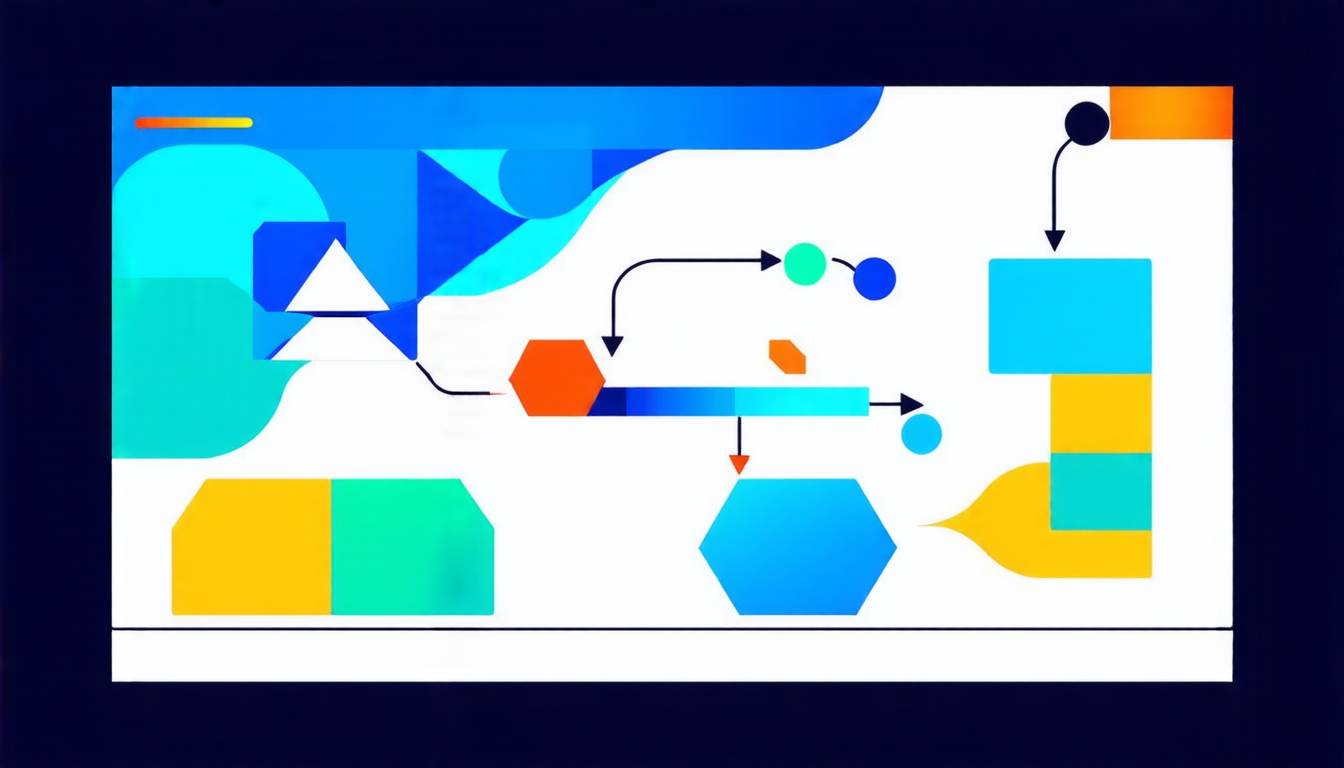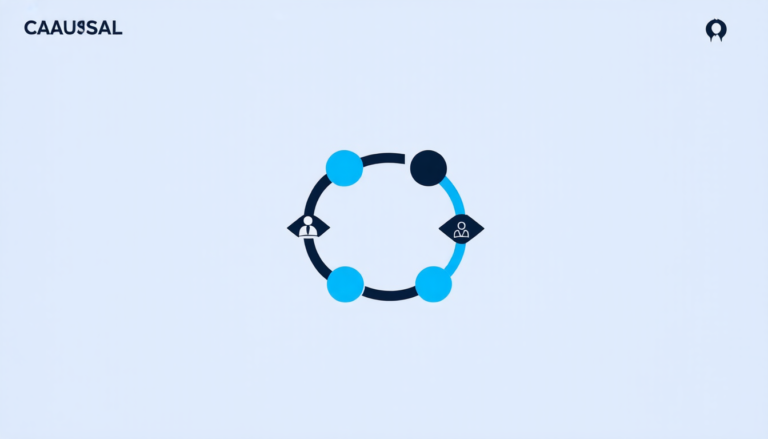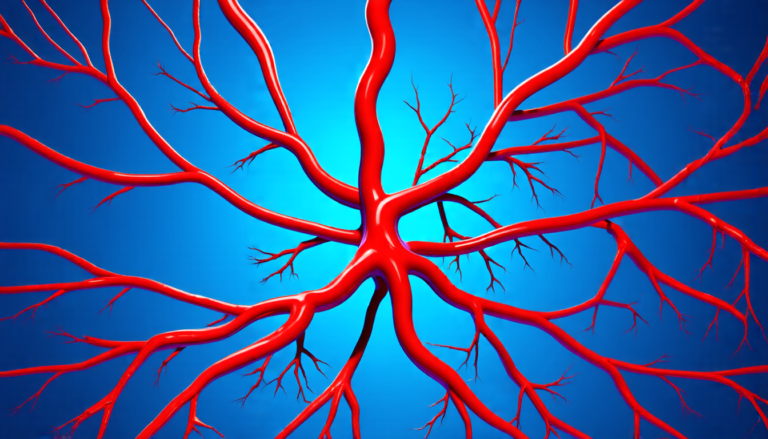Tuesday 25 March 2025
Recent advancements in machine learning have led to significant breakthroughs in various fields, including artificial intelligence and data analysis. A new study published recently has shed light on the relationship between no-regret learning and online conformal prediction.
Conformal prediction is a method used to quantify uncertainty in predictions made by machines. It involves producing sets of possible outcomes, rather than single predictions, to indicate the range of possibilities. This approach helps to identify potential errors and provides a more accurate understanding of the model’s limitations.
No-regret learning, on the other hand, is a technique used to minimize regret in online decision-making. Regret refers to the difference between the outcome of a decision and the best possible outcome that could have been achieved. No-regret learning aims to reduce this regret by adapting to changing circumstances and making decisions that are robust to uncertainty.
The study reveals that no-regret learning algorithms can be used to provide group-conditional coverage guarantees in adversarial settings, where the data is not randomly distributed. This means that machines can make predictions with confidence intervals that take into account the specific context or group of data being analyzed.
The researchers also showed that threshold-calibrated coverage and swap-regret are tightly connected in adversarial settings. Threshold-calibrated coverage refers to the ability of a model to produce predictions that meet a certain level of accuracy, while swap-regret measures the difference between the predicted outcome and the best possible outcome that could have been achieved.
The study’s findings have significant implications for various fields, including finance, healthcare, and cybersecurity. In these domains, machines are often used to make predictions or recommendations, and it is essential to ensure that these predictions are accurate and reliable.
One of the most significant benefits of this research is its ability to improve decision-making in complex and uncertain environments. By providing group-conditional coverage guarantees, machines can make more informed decisions that take into account the specific context and uncertainty involved.
The study’s authors used a range of mathematical techniques, including martingale theory and convex optimization, to develop their algorithms. These techniques allowed them to analyze the performance of different models and identify the most effective approaches for achieving group-conditional coverage guarantees.
In addition to its theoretical significance, this research has practical applications in various fields. For example, in finance, it could be used to develop more accurate models for predicting stock prices or credit risk. In healthcare, it could be used to improve patient outcomes by providing more accurate predictions of disease progression or treatment effectiveness.
Cite this article: “Machine Learning Breakthroughs: No-Regret Learning and Conformal Prediction”, The Science Archive, 2025.
Machine Learning, Artificial Intelligence, Data Analysis, Conformal Prediction, No-Regret Learning, Online Decision-Making, Regret, Uncertainty, Adversarial Settings, Group-Conditional Coverage Guarantees







